Inside the New “Korean Wave”
Through productions adapted in various regions such as the drama The Young Doctor, the talent show King of Mask Singer, the Oscar-winning Parasite and global audience phenomena such as the series Squid Game, South Korean content has become the latest global trend.
- 14/02/2022

On October 13, Netflix surprised the world by revealing that Squid Game had become the best premiere in its history. With 111 million views in its first 25 days, it had surpassed Bridgerton by a long shot. Korea, at last, had its own Money Heist.
But far from being a fluke, the Asian country has been following a path for years that inevitably had to lead to this sweet present.
The film Parasite, directed by Bong Joon-ho and winner of three Oscars (including Best Picture) in 2020, stands out. Or, just a few years earlier, the King of Mask Singer format, a talent show premiered in 2015 by MBC in Korea and that in 2019 led the list of the 100 best selling formats in the world prepared by K7 Media.

From South Korea to the world
The term hallyu -which translates to “Korean wave”- was coined in the late 1990s when products of Korean popular culture, mainly dramas, achieved wide acceptance in the Chinese market and in other Asian territories.
The “Korean wave” first spread to other Asian countries such as China, Taiwan, Hong Kong, Singapore, Japan, Thailand, Indonesia, Malaysia or the Philippines. And now to the rest of the world.
But, again, nothing is a coincidence.
Because producers and directors from the country say that they have been studying Hollywood and other entertainment centers for years, adopting and refining the industry’s formulas and adding very Korean touches, as is the case of Studio Dragon, owned by CJ ENM.
In fact, the Korean Ministry of Culture, Sports and Tourism is responsible for promoting and supporting hallyu and its products, working intensively on the “country brand” in the international market in markets such as the Middle East, the US and, of course, Latin America.
In this context, and in the midst of the Covid-19 pandemic, the virtual edition of Mipcom 2020 had Korea as Country of Honor, which included a varied agenda of activities sponsored by the Korea Communications Commission (KCC), responsible for the policies in the broadcasting and communications services of the Asian country.
All of the country’s leading broadcasters were in attendance, including Korea Broadcasting System (KBS), Munhwa Broadcasting Corp (MBC), Seoul Broadcasting System (SBS), and Educational Broadcasting System (EBS), along with giants such as CJ ENM and JTBC.
Amy Reinhard, VP of Studio Operations at Netflix
"At Netflix we are delighted to increase our investment in South Korea, as well as in South Korean movies and series"
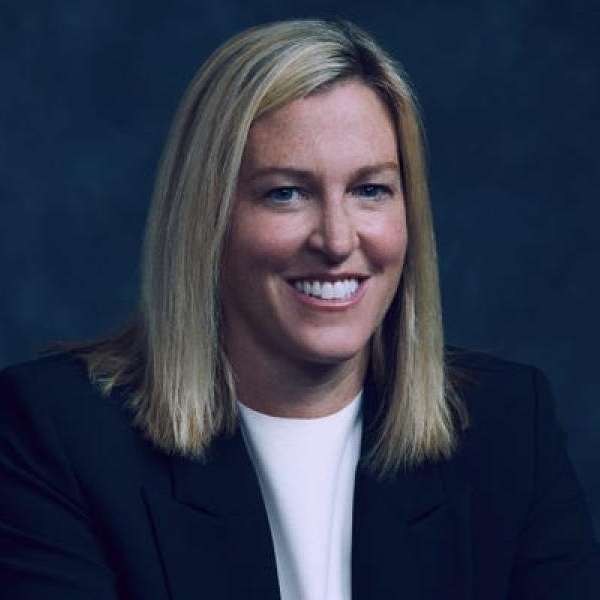
On the other hand, the arrival in Korea of platforms such as Netflix -launched in 2016-, has been one of the key pieces of this puzzle called the Korean boom thanks to the launch of its own production centers in the country and an investment of more than US$700 million in South Korean content with more than 80 local series.
“At Netflix we are delighted to increase our investment in South Korea, as well as in South Korean movies and series,” said Amy Reinhard, Netflix’s VP of Studio Operations, announcing Netflix’s expansion with two new production centers in the country.
“Thanks to these new studios, Netflix is better positioned than ever to increase the production of exceptional South Korean stories and make a large number of production-related jobs available to the excellent professionals in the South Korean creative community,# she added.

KOCCA as Spearhead
The Korea Creative Content Agency (KOCCA), a Naju-based government agency that oversees and coordinates the promotion of the Korean content industry, was established in May 2009 by integrating five related organizations, including the Institute of Korea Broadcasting, the Korea Content and Culture Agency, and the Korea Game Agency.
The agency is spearheading the positioning of South Korean production and distribution companies at an international level, establishing an agenda in the markets through activities such as screenings, conferences and networking activities, such as those it has been organizing for a few years in the framework of LA Screenings Independents or the presence of South Korea as a Country of Honor at Mipcom 2020.
Among the companies that KOCCA represents are CJ ENM, KBS Media, MBC, SBS International, JTBC Studios, Something Special, Yoon&Company, Min Production, Island Story, Bamboo Network, t.cast Co., TV Chosun or Company Sang Sang, among others.
Sung Ho Ju, director of KOCCA USA
"Korea always took into account international sales, leading to an overall improvement in quality over the last decade"

About 90% of the local broadcast content industry’s overseas sales go to America and Asia.
“In addition to the general technological development that allowed the audience to access a lot of content around the world, the Korean audiovisual industry has a particular competitive environment where producers are adapted to produce content with a relatively smaller budget due to the small size of the market,” explains to ttvnews Sung Ho Ju, director of KOCCA USA.
“For this reason, Korea always kept international sales in mind, which led to an overall improvement in quality over the past decade. We believe this rise of Korean content is attributed to this unique industrial situation, survival of the fittest per se, which has been built up over the decades, not just because of any particular marketing strategy,” he adds.

The "Korean Wave" in Latin America
In the first decade of the 2000s, Korean drama had a small boom in Latin America with some titles released on channels in the region.
“There was a time 10 years ago when Latin America was trying out Korean telenovelas and they had a pretty good success. They were not a boom, but they worked and they were all over Latin America”, says Jimmy Arteaga, president of Programming, Production and Promotions at Wapa TV in Puerto Rico.
Titles such as Sonata de invierno (Winter Sonata), Otoño en mi corazón (Autumn Fairy Tale), Escalera al cielo (Stairway to Heaven), Mi adorable Sam Soon (My Lovely Sam Soon) or Una joya en el palacio (Jewel in the Palace), among others, allowed for South Korean content to be present in Bolivia, Chile, Colombia, Costa Rica, Ecuador, El Salvador, Mexico, Panama, Paraguay, Peru, Puerto Rico or Venezuela.
These dramas captivated the audience in their diversity to the point of promoting, in certain cases, the development of fan communities that led to the rerun of some titles.
Based on romantic, dramatic and comedic stories, they captivated the audience through the treatment of their stories, as well as their short duration, between 15 and 25 episodes.
Jimmy Arteaga, President of Programming, Production and Promotions of Wapa TV of Puerto Rico
"There was a time 10 years ago that Latin America was testing Korean telenovelas and they had a pretty good success. They were not a boom, but they worked well and they were all over Latin America"

Luis Guillermo Camacho, Content and Programming Manager of Latina Television of Peru
"They are short dramas that are consumed very quickly. This type of content works better on platforms, because in a simple and short way the audience chooses the moment they want to watch it"
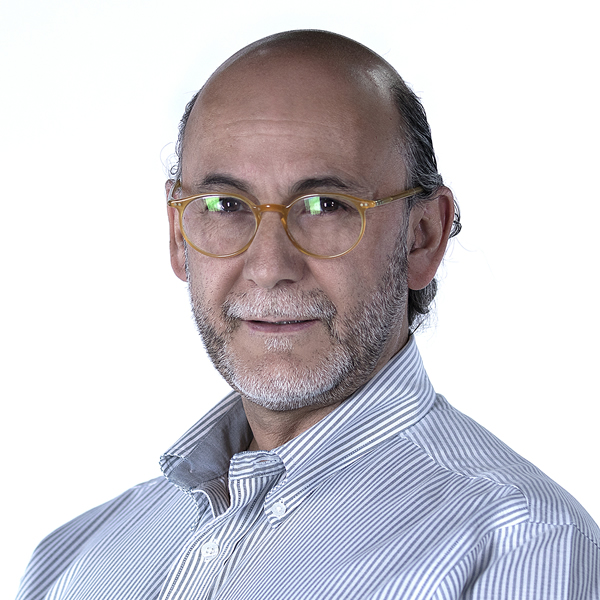
“The good thing about these drama series is that they were short: 20, 25 or 30 episodes at the most, which made the story unfold very quickly. Obviously they had a good dubbing and people were engaged. It was before the success of Turkish telenovelas”, explains Jimmy Arteaga.
The executive recalls that when he arrived in Puerto Rico at the end of 2008, the state channel was broadcasting Korean telenovelas, being the ones with the highest ratings on the grid. “If they were successful on Channel 6, which is a public channel that obviously doesn’t seek ratings, I imagine that on Wapa TV they would have done very well,” he adds.
In this sense, Luis Guillermo Camacho, Content and Programming Manager of Latina Television of Peru, agrees with his colleague.
“I think taped content from Korea have been very well received in Latin America. We have been able to broadcast Korean content, much more successful on channels like Panamericana TV, which has a public more open to this type of content. It is not so typical, so close, but it has the advantage of having universal emotions and handling them in a masterful way”, he assures.
What was appealing about these fictions were differences with the classic Latin American telenovelas related not so much to the story but to the narrative format.
“I think the Korean product is very good. The candidness and extreme drama that they apply makes it a distinctive product. But, be it very dramatic or humorous, the ending is aspirational and always has a different message than many other products that end in success or failure. They are quite positive, beyond the story. I think it can re-enter the market and, since everything is fashion, if a product sticks, everyone will want to have it, but it would not necessarily work everywhere”, says Jimmy Arteaga.
However, Luis Guillermo Camacho considers that, unlike Latin telenovelas or Turkish dramas, Korean broadcast TV titles lack the number of episodes necessary to hold a captive audience for a long time.
“They are short titles that are consumed very quickly, so you cannot build a programming. They would have to produce much more content with a greater number of episodes because if not, there is not much place to put it. This type of Korean content works better on platforms, because in a simple and short way the public chooses the moment they want to see it,” says the executive.
Talent shows, dramas and more
More recently, Korea has found success in Latin America through its 2014 KBS drama The Young Doctor, adapted in the US by ABC in 2017 as The Good Doctor and in Turkey by Fox as A Miracle, distributed by Madd Entertainment.
The Turkish adaptation has been released to date in countries such as Honduras (Channel 11), Ecuador (Teleamazonas), Argentina (Telefe), Colombia (RCN), Peru (Latina), Mexico (Televisa) and Chile (Chilevisión).
Another South Korean content that has stood out in the last three years in the region is the aforementioned King of Mask Singer (or The Masked Singer), which after its launch on Fox in the US in January 2019 has reached versions in Mexico (Televisa) , Peru (Latina Television), Colombia (RCN Television), Chile (Chilevisión), Brazil (Globo) or Panama (TVN) and Uruguay in 2022.
JC Acosta, President of ViacomCBS International Studios
"Korea provides us with a remarkable business environment and some of the world's top creatives, positioning us to capitalize on the growing demand for international premium content"
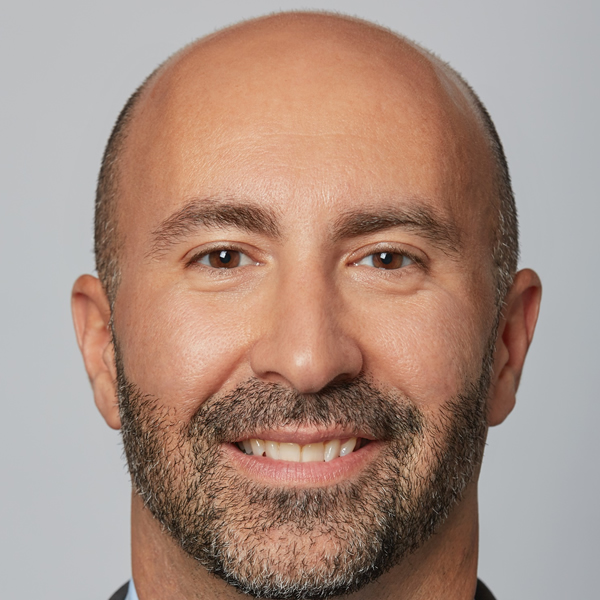
Barbora Suster, Sales Director of Eccho Rights for Spain and Latin America
"New customers and potential customers are emerging lately, especially after the success of Korean series on Netflix. So today you can watch Korean series on HBO Max and other platforms"

K-formats are another key to the Korean «wave». Thus, it is not surprising that ViacomCBS International Studios has announced an agreement with Something Special in 2021 to have a first-look of up to 10 formats of the Korean company to represent or co-develop in the global market.
“This partnership with Something Special is testament to our commitment to strengthening our global footprint in Asia, which began last year with the collaboration between VIS Kids, Nickelodeon International and iQIYI for the animated series Deer Squad,” said JC Acosta, President of ViacomCBS International Studios.
“As a first step towards creating a production hub in the market, Korea provides us with a remarkable business environment and some of the world’s top creatives, positioning us to capitalize on the growing demand for international premium content,” he added.
Now, as is the case with Turkish or Spanish series, in a digitized world where geographical and linguistic boundaries seem to be increasingly diluted, South Korean series -through titles like Kingdom or Squid Game-, are today an international phenomenon.
“It used to be that Korean stories and characters were mainly aimed at the female audience, focusing on melodramatic features. But in recent years, we have seen the success of various genres and styles, constantly expanding through experimental challenges. The mix of these different aspects seems to be appealing to the global audience,” explains Sung Ho Ju.
One of the main distributors of Turkish content in the region, Eccho Rights (which was in fact acquired by the South Korean CJ ENM) is starting to get strong with this type of content with titles such as the High Class series.
“Eccho Rights has long incorporated Korean titles into its catalog that we are selling as a format and as taped content,” explains Barbora Suster, Eccho Rights’ Sales Director for Spain and Latin America. “We have access to the catalog of CJ ENM, which is our sister company,” she adds.
As for Latin America, the executive points out that Korean fictions are destined for small broadcast TV screens and, of course, the different types of streaming platforms.
“New clients and potential clients are emerging lately, especially after the success of Korean women on Netflix. So today you can watch Korean series on HBO Max and other platforms,” says Suster.
Silvana D'Angelo, CEO of Glowstar Media
"The phenomenon of globalization, especially now that we are all living and suffering the same, perhaps more than ever will end up eliminating the differentiation between cultures and races. There will be in the new normal a new concept regarding humanity and a need to receive products that are not local"
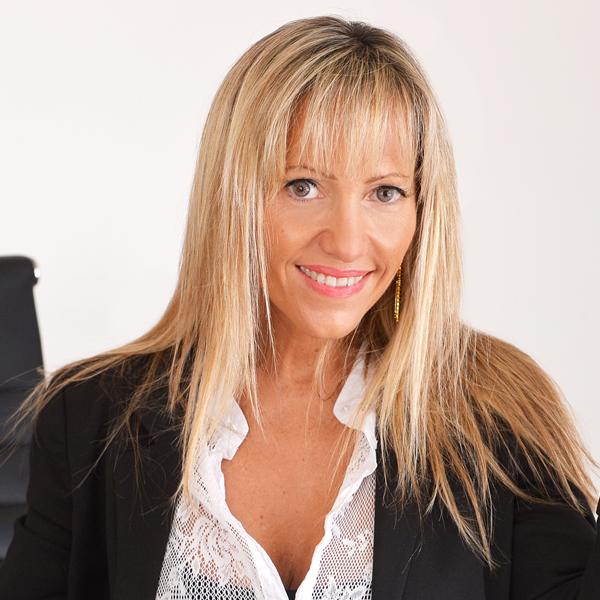
Daniel Sandelson, CCO of DMD
"Now that the gatekeepers who resisted Asian content - mainly the old Hollywood establishment - have had to give way to the power of VOD and social media discoveries, the world can more easily learn about Korean content, and the world is loving it."

Ezequiel Olzanski, CEO of EO Media
"Today, Korean content, especially Korean films, work with very high budgets and that is reflected on the screen with very high quality films"
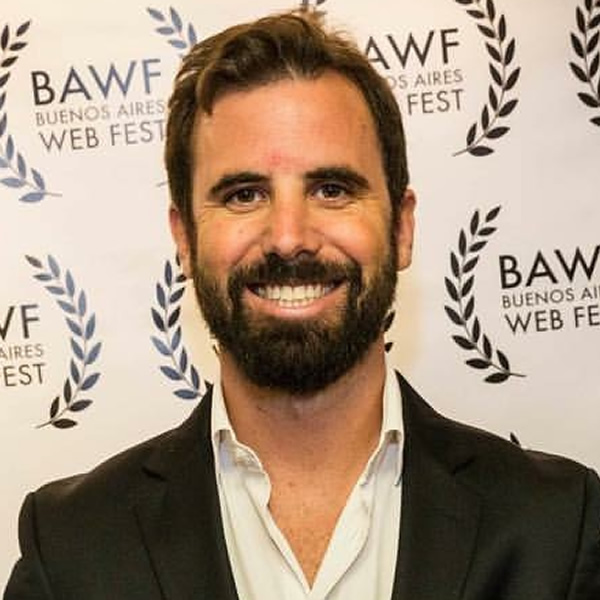

For Silvana D’Angelo, CEO of Glowstar Media, South Korea is creating original and innovative content, especially for the millennial audience.
“The phenomenon of globalization, especially now that we are all living and suffering the same, perhaps more than ever will end up eliminating the differences between cultures and races. There will be in the new normal a new concept regarding humanity and a very large opening to receive products that are not local”, she said.
And as an example, it is worth highlighting that of the Latin American SVOD platform Digital Media Distribution (DMD), which last November announced the acquisition of exclusive rights for TV and VOD of acclaimed Korean films from CJ Entertainment, including horror titles, action, crime and disaster such as: Impetigore, Deliver Us From Evil, Exit, Asura, City of Madness, Veteran and Haeundae.
“The boom in Korean content is no surprise. Korea has always been an export-focused economy, and Korean content producers are adept at taking Western influences and integrating them into their style of content that reflects not only Korean culture, but global culture,” says Daniel Sandelson, CCO of DMD.
“Now that the gatekeepers who resisted Asian content – mainly the old Hollywood establishment – have had to give way to the power of VOD and social media discoveries, the world can more easily learn about Korean content, and the world is loving it.”
Another distributor that has opted for Korean content is EO Media Distribution, which distributes a collection of films from that country in Latin America.
“From EO fortunately we were lucky to get ahead of the trend. Together with our partners at Impacto Cine, we acquired a new Korean slate of more than 10 films, led by the new blockbuster Deliver Us From Evil, starring the central star of Squid Game, Lee Jung-jae. We were very lucky in terms of timing, because immediately after this acquisition was the global launch of Squid Game and its international success,” said Ezequiel Olzanski, CEO of EO Media.
“Today, Korean content, especially movies, which is what I have specialized in, works with very high budgets and that is reflected on the screen with very high quality movies. So I think it will also depend on the Korean industry’s focus on continuing that growth,” he added.
For the director of KOCCA, the Latin American market and Hispanic audiences are extremely important factors within the international expansion strategy.
“We see similar aspects in Asian and Latin American audiences, in the way they consume and respond to media content. We have maintained relationships with the main media companies in Latin America through various conferences and global events”, concludes Sung Ho Ju.


